ANTD.VN - Lieutenant Colonel Pham Cong Hai - representative of the Department of Cyber Security and High-Tech Crime Prevention ( Ministry of Public Security ) said that in cyberspace today there are many forms of violations related to e-commerce.
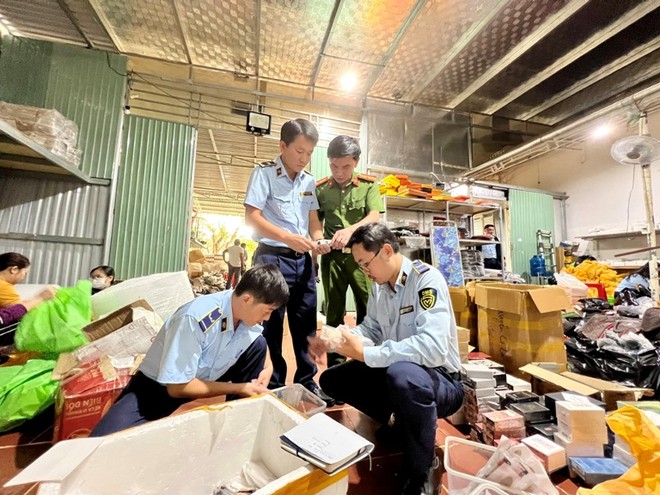 |
Authorities coordinate to inspect and handle violations at online businesses in Pleiku city, Gia Lai province. |
Lieutenant Colonel Pham Cong Hai said that a typical violation is selling counterfeit goods of major brands. The police force has discovered and handled many subjects selling counterfeit goods of major brands such as: LV, Gucci, Montblanc...
Main types of counterfeit goods: Bags, wallets, belts, watches, clothes, fashion products, cosmetics... These products are mainly produced in China and smuggled into Vietnam.
In addition, the sale of weapons, support tools, recording devices, positioning devices, and camouflage devices through thousands of social network accounts, phone numbers, and closed groups selling weapons, support tools, etc. also occurs.
A representative of the Department of Cyber Security and High-Tech Crime Prevention said that the source of weapons and support tools sold online is mainly smuggled from border gates such as China, Cambodia, and Thailand. Sellers often transport illegal goods via inter-provincial passenger buses, economy delivery, grab, etc. without stating the sender's address; falsely declaring the goods sent to "trick" the authorities.
In fact, the Department investigated groups of subjects on “vukhituve.com”, “shopdenpinchichdien.com”… and seized many guns M84Cal.6mm, Sport S731, Retoy P114, G19C, M66, Condor air guns, 2000 boxes of ammunition, firecrackers, fireworks, swords, batons…
In addition, services of making fake documents; enticing people to participate in financial investment, foreign exchange investment with promises of high interest rates and large profits in rural areas; trading in pharmaceuticals and functional foods; advertising the sale of laughing gas, happy water, marijuana, and drugs online have appeared and shown signs of increasing.
“Through online screening, the Department initially discovered a number of individuals who established a closed group specializing in drug trading, using the following methods: Creating fake accounts on social networks such as Facebook, Telegram, and Zalo to advertise and sell drugs...” - Senior Lieutenant Colonel Pham Cong Hai said.
Mr. Nguyen Huu Tuan - representative of the Department of E-commerce and Digital Economy (Ministry of Industry and Trade) said that counterfeit and fake products on e-commerce are very diverse and difficult to detect, because the images and product information provided on the sales pages are real. Sellers often do not have warehouses, only sell online, work as intermediaries... so it is difficult for authorities to check and handle.
Another trick is that the subjects only run 1 sales link on 50 different fanpages, each page only needs to sell a few orders and they will lock the page and erase traces, so in addition to technical solutions, coordination between units is needed.
According to the representative of the Ministry of Science and Technology, counterfeit and infringing goods on the internet range from tobacco packages to Thong Nhat matchboxes. The management agency knows that the goods are infringing, but it is not easy to handle them.
Mr. Tran Huu Linh - General Director of the General Department of Market Management said that in the past 2-3 years, one of the areas that the Market Management force has received the most feedback from the people is fraud in the online environment. However, this is a very difficult professional task for the Market Management force.
"People's buying and selling methods have changed, shifting from traditional to online. Subjects have moved warehouses from the plains and cities to mountainous provinces and remote areas, such as the recent Gia Lai incident, which is a typical example," said General Director Tran Huu Linh.
In particular, according to the leader of the General Department of Market Management, the social network Tiktok has exploded recently. People from Ha Giang still livestream to sell goods across the country and vice versa every day. Not to mention, this is a cross-border social network, so violations have gone beyond Vietnam's territory.
According to the General Director of the General Department of Market Management, in reality, there is still a "reluctance" to handle e-commerce violations right at the grassroots level, because it takes time and is easy to file lawsuits because sellers can quickly delete or change content and evidence.
Notably, the unique feature of e-commerce is that there is a third party, which is the delivery company, which is completely different from traditional commerce where “cash on delivery” is the rule, so according to regulations, the sealed delivery vehicle cannot be opened. Therefore, even if the vehicle is identified as carrying prohibited goods, smuggled goods, or counterfeit goods, it is difficult to handle immediately. In many cases, the Market Management Force is forced to follow the delivery vehicle to the post office to inspect.
"99% of delivery companies now live on transportation and online sales, only 1% on mail. And 60% of businesses sell goods abroad, and transport from abroad, so it's very difficult to handle," said Mr. Tran Huu Linh.
Therefore, to manage appropriately with the new shopping method, in the next 3-5 years, the Market Management force will mainly focus on inspecting and handling violations of online business and goods.
However, fighting against counterfeit, fake and infringing goods on cyberspace is a difficult task, so according to Mr. Tran Huu Linh, the Market Management force cannot "act alone" to handle it but needs the cooperation of ministries, branches, localities and businesses.
In addition, it is necessary to build a cyberspace management system, a monitoring system, and a risk and risk warning system for digital transformation that is consistent and unified from the central level to local market management agencies to promptly handle incidents and violations.
On the other hand, it is necessary to promote the application of information technology, pay attention to investing in facilities, equipment and human resources to serve the task of fighting against counterfeit goods in e-commerce.
Source link




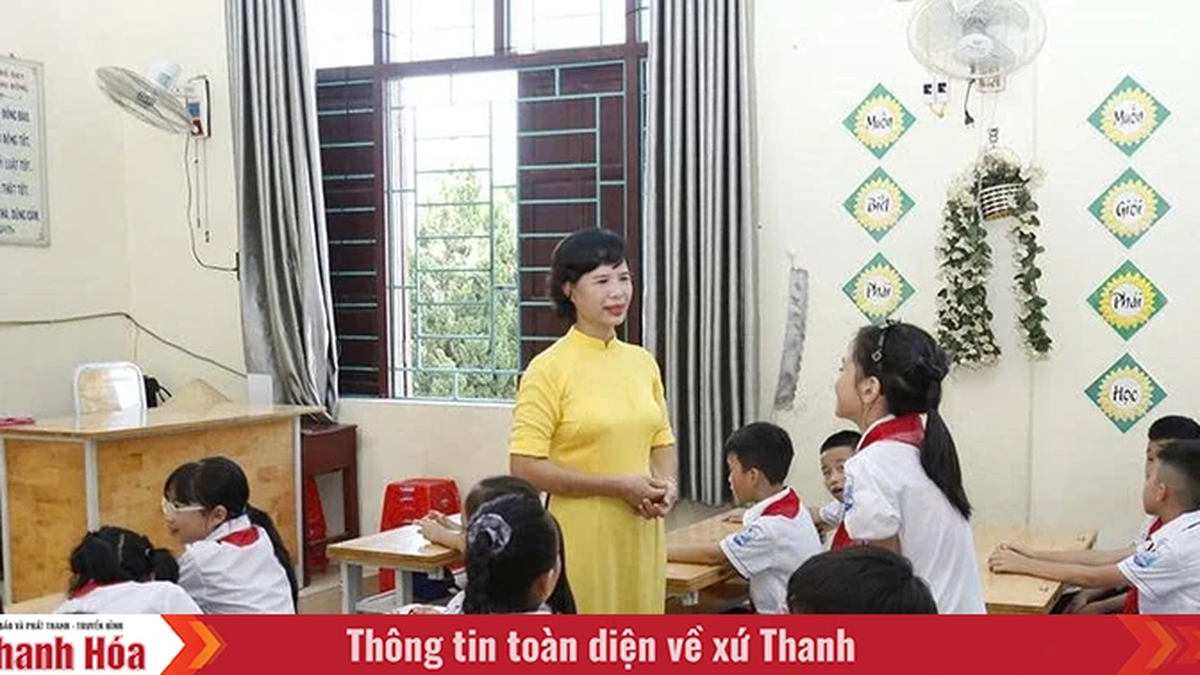


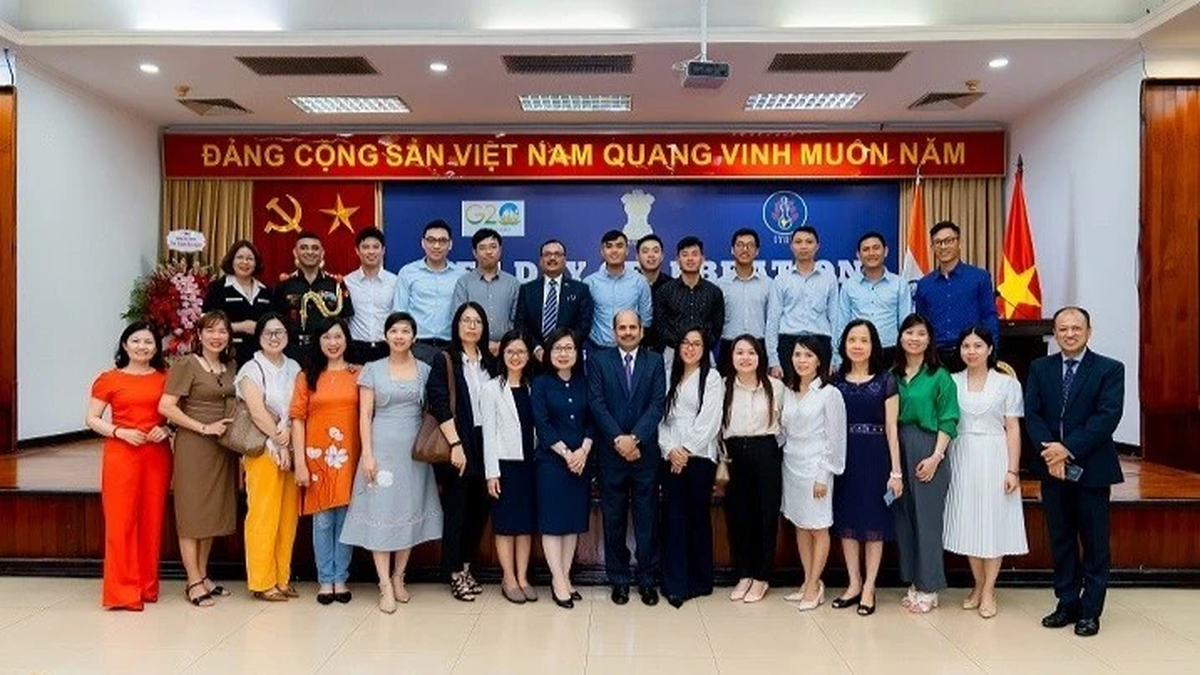
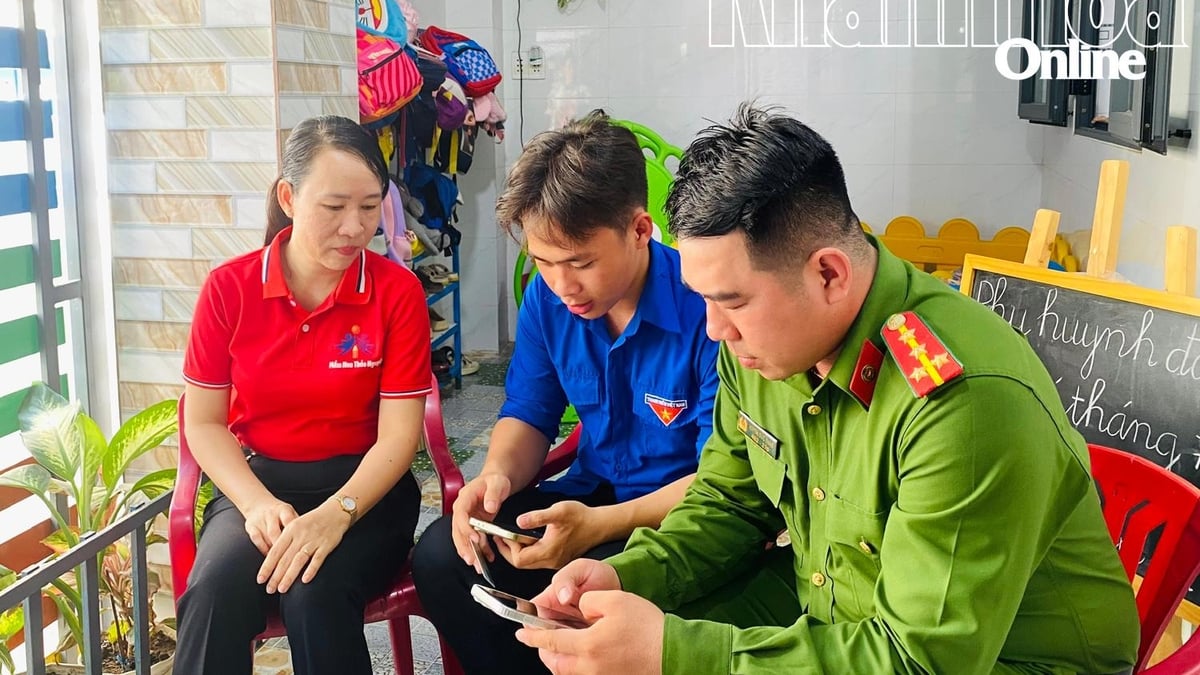


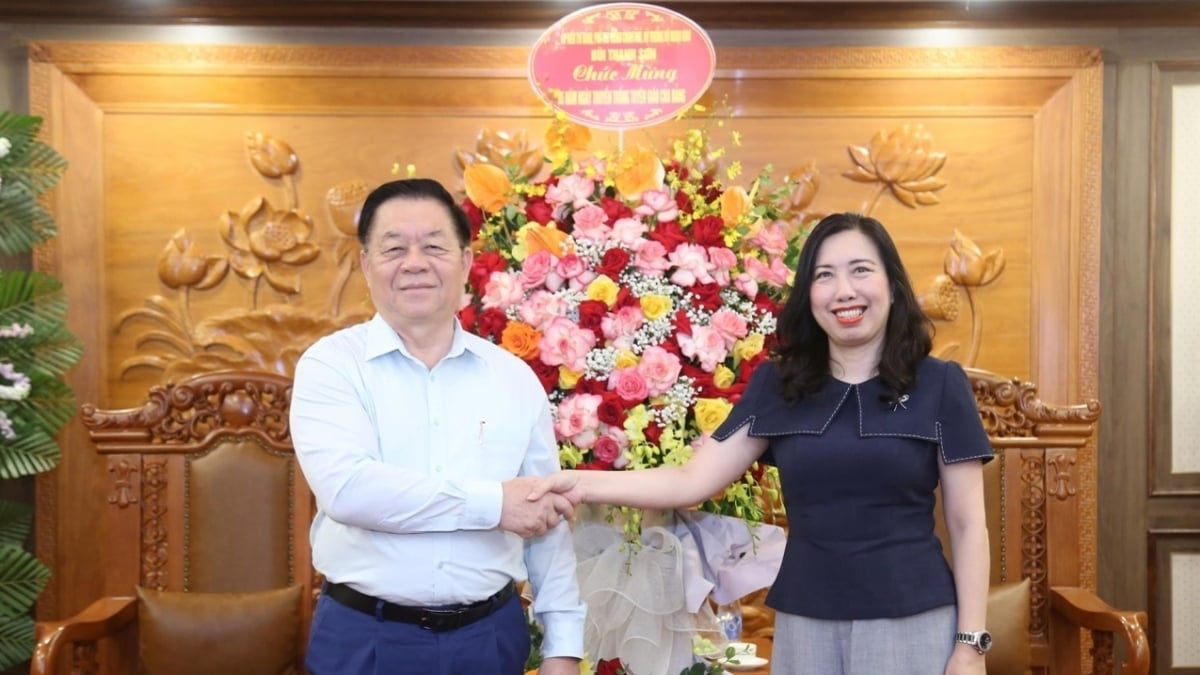



































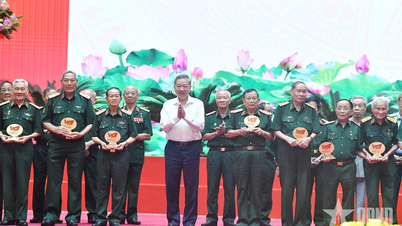




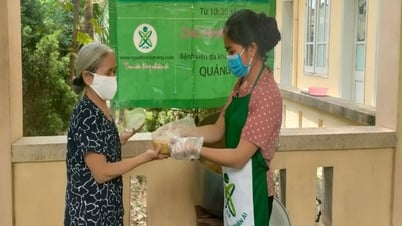
















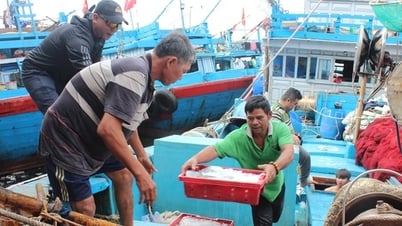





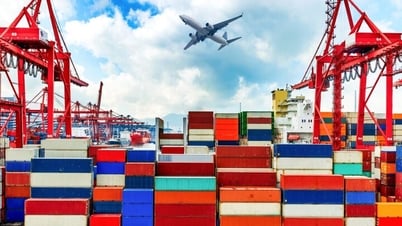










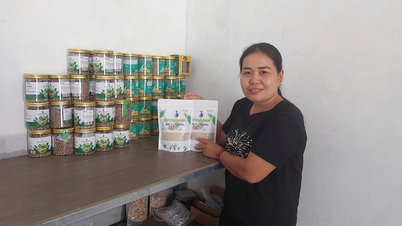














Comment (0)